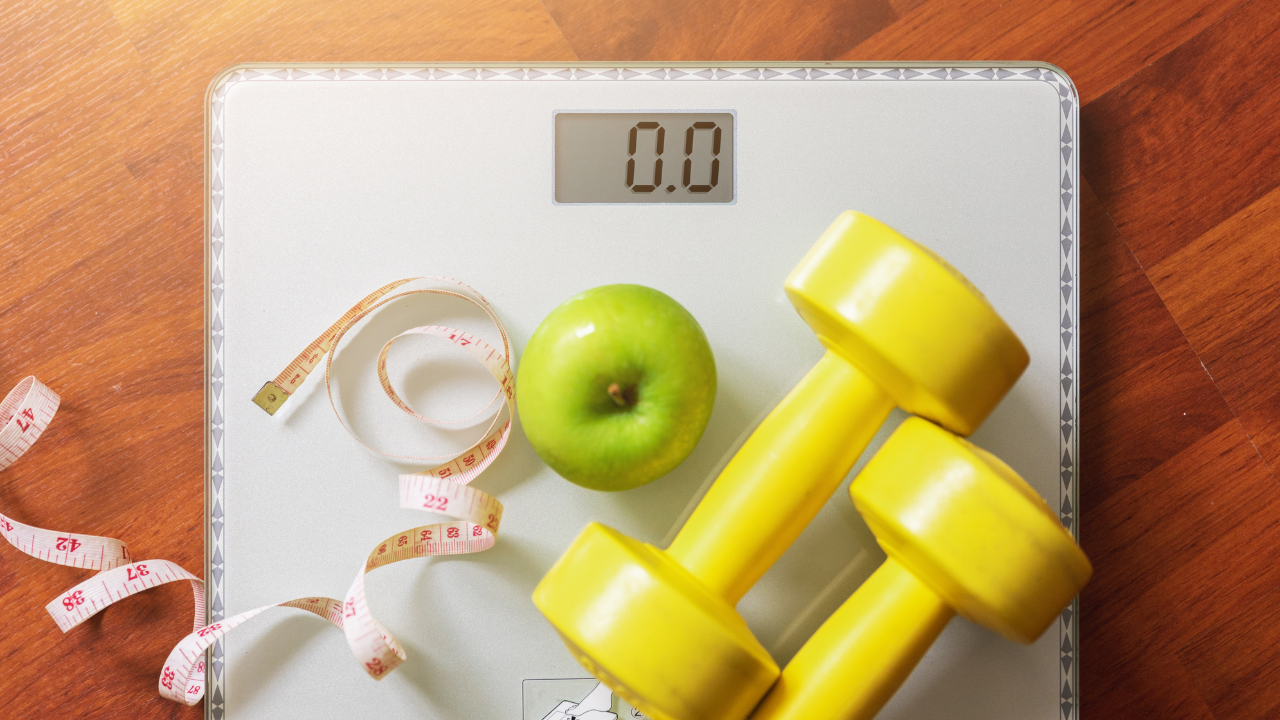World Osteoporosis Day is observed every year on October 20. (Image: Shutterstock)
Dr Shailaja N, MBBS, MS(OBG), DGO, DNB, MRCOG (UK) FICOG, FCLS, FMAS, PGDMLE, Consultant, Obstetrics & Gynecologist, BirthRight by Rainbow Hospitals, Bengaluru discusses nutrients to reduce the risk of osteoporosis
Bone health is a vital aspect of our overall well-being, as good, strong bones provide support, protection, and mobility. Maintaining good bone health is essential for preventing conditions like osteoporosis, where the joints may become fragile and more susceptible to fractures. During menopause, hormones like oestrogen decline rapidly. Oestrogen plays a crucial role in maintaining bone density and strong muscle tissue. When oestrogen levels decrease, bone health is put at risk, and there is a bigger chance of developing conditions like osteoporosis. Osteoporosis affects one out of three postmenopausal women. Their remaining lifetime risk of fragility fractures exceeds that of breast cancer.
Reducing the risk of osteoporosis after menopause is crucial for maintaining bone health. To mitigate this risk, it’s important to focus on getting essential nutrients that support bone health. Here are some key nutrients and lifestyle strategies to consider:
- CalciumCalcium is essential for building and maintaining strong bones. Aim for at least 1,000-1,300 milligrams of calcium per day, depending on your age. Good sources include dairy products, fortified plant-based milk, leafy greens, and fortified
- Vitamin DVitamin D helps your body absorb calcium. Spend time in the sun (with sunscreen) and consume vitamin D-rich foods such as fatty fish, fortified dairy or plant-based alternatives, and supplements if
- MagnesiumThis mineral supports bone health by helping with calcium absorption. Foods rich in magnesium include nuts, seeds, leafy greens, and whole
- Vitamin KVitamin K is crucial for bone metabolism. Sources include leafy greens like kale and spinach, broccoli, and Brussels
- ProteinAdequate protein intake is essential for bone health. Include lean protein sources like poultry, fish, beans, and tofu in your
- Omega-3 Fatty AcidsOmega-3 fatty acids can help reduce inflammation, which is linked to bone loss. Incorporate sources like fatty fish (salmon, mackerel), flaxseeds, and
- Limit Caffeine and AlcoholExcessive consumption of caffeine and alcohol can interfere with calcium absorption and contribute to bone Moderation is key.
- Quit SmokingSmoking is a risk factor for osteoporosis. Quitting can improve your bone health and overall well-being.
- Weight-Bearing ExerciseEngage in weight-bearing exercises like walking, jogging, dancing, and strength training. These activities stimulate bone growth and help maintain bone density.
- Balance and Flexibility ExercisesActivities like yoga and tai chi improve balance, reducing the risk of falls and
- Bone Density TestingIf you’re at higher risk or have concerns about osteoporosis, consider bone density testing (DEXA scans) to assess your bone
- Hormone Replacement Therapy (HRT)Discuss the benefits and risks of HRT with your healthcare provider. It can help with bone health but should be used with caution and in consultation with a medical
- MedicationIn some cases, your doctor may prescribe medications specifically for These should be used as directed and monitored by a healthcare professional.Remember, it’s important to consult with a healthcare provider or registered dietitian before making significant changes to your diet or exercise routine, especially if you have specific health concerns or are considering supplements. They can help you create a personalized plan to reduce your risk of osteoporosis post-menopause.
Nutrients that support bone health can usually be found in a balanced diet. That’s why it’s important to tailor your eating habits so that they include a wide variety of nutrient-dense foods. Prioritizing nutrition during menopause is a great way to promote overall well-being, including maintaining a healthy body weight and reducing the risk of excessive stress on the bones.








